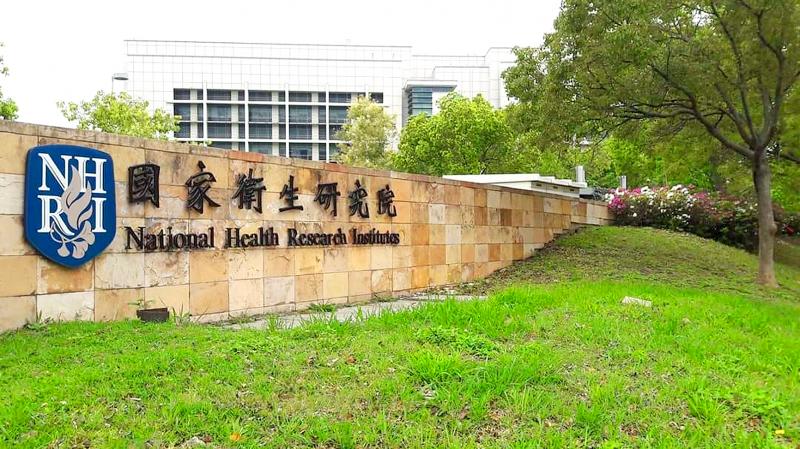The National Health Research Institutes is reportedly preparing to initiate talks with Moderna Inc for authorization to manufacture its COVID-19 vaccine in Taiwan, a local magazine said yesterday.
If successful, Taiwan would be able to manufacture anywhere between 300 million and 500 million doses within six to nine months, the Chinese-language Mirror Media said.
The institute has its eye on manufacturing messenger ribonucleic acid (mRNA) vaccines for its second vaccine plant expansion project, Liu Chia-chyi (劉家齊), a researcher at the institute’s vaccine research and development center, told a news conference yesterday.
Speaking at a news conference yesterday, Liu said that the planned second vaccine manufacturing plant would include hardware that would be capable of manufacturing mRNA vaccines once Taiwan obtains the know-how.
Obtaining the knowledge to manufacture mRNA vaccines is critical, as mRNA vaccines are the go-to solutions for the “100-day mission” discussed by G7 leaders earlier this month to prepare for future pandemics, he said.
However, while mRNA vaccines are the new trend for combating the COVID-19 pandemic, it remains to be seen whether they can produce long-lasting antibodies in the human body, he added.
Taiwanese companies developing COVID-19 vaccines are focused on protein subunit vaccines, a low-risk technology that Taiwan already possesses, he said.
“Safe and effective vaccines are what we should aim for,” he said.
Chang Gung University Research Center for Emerging Viral Infections professor Shih Shin-ru (施信如) said mRNA vaccines are the quickest to research and develop.
Foreign countries are trending toward using mRNA vaccines as the first shot, while using protein subunit vaccines as the second shot to increase immunity in the human body, she said.
Shih said the institute should conduct extended research on existing subunit vaccines while simultaneously obtaining key knowledge in manufacturing mRNA vaccines.
Separately, the institute said that the Food and Drug Administration and the Ministry of Economic Affairs are tallying what resources Taiwan could bring to bear before official talks with Moderna can commence.
Regardless of which company Taiwan works with, they would want to know that the nation would be able to produce a guaranteed amount of vaccines, institute president Liang Kung-yi (梁賡義) said.
Liang sidestepped the question of whether it was possible to manufacture 300 million to 500 million doses within a six-to-nine-month time frame, saying: “The important thing is whether we have the ability to make them.”
Minister of Health and Welfare Chen Shih-chung (陳時中), who heads the Central Epidemic Command Center, said the government would try its best to obtain authorization to manufacture foreign COVID-19 vaccines, but added that to date, such negotiations have yet to bear fruit.
The plan is to finish the second vaccine manufacturing plant within three years and obtain a Good Manufacturing Practice certificate with one to one-and-a-half years, Liang said.
Additional reporting by Wu Liang-yi
Source: Taipei Times - 2021/06/30





















